The Red Envelope: Billkin and PP Krit’s Take on a Love Story Beyond the Grave
In a cinematic landscape saturated with remakes, reboots and sequels, you might ...
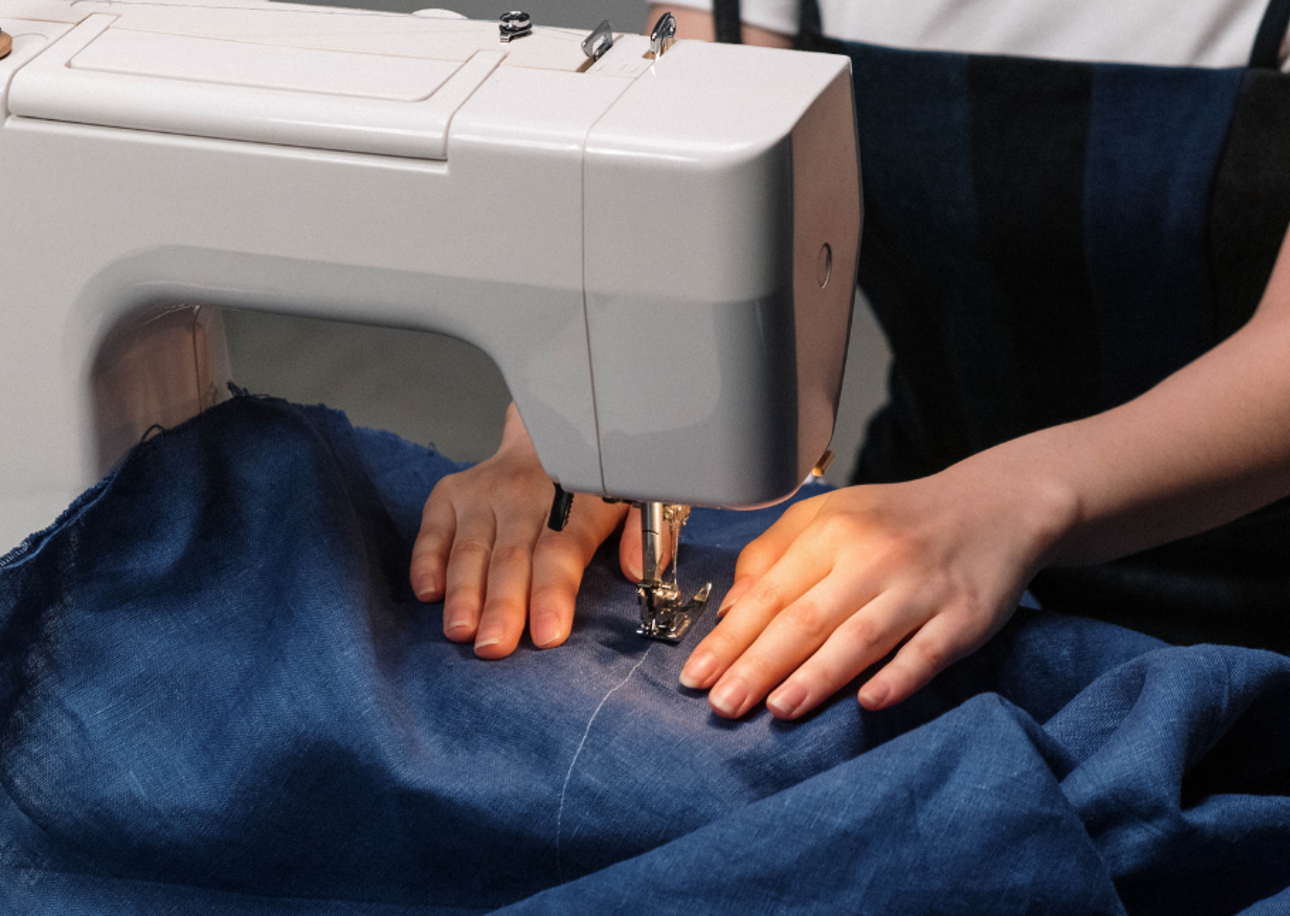
To Amorpol Huvanandana and Thamonwan Virodchaiyan, the co-founders of Moreloop, landfill is actually a treasure trove, if only one takes the time and effort.
Moreloop was established in 2018 when the co-founders saw there was an enormous amount of waste from the country’s textile and garment industries destined for landfill. Just to fill in the big picture here, Thailand’s textile industry has become very advanced over the past half a century, becoming one of the few countries in the world that can provide the whole value chain, from the production of fibres and fabric to the design, manufacturing and sales of apparel. The country has almost 5,000 local textile producers, exporting to countries that are garment manufacturers, not only in the region, but also India, Europe and the US, with the forecast for growth looking very positive. Meanwhile, with textile production exceeding demand, 350 million kgs of waste per year and carbon emissions were being generated, while very little attention was paid to this issue—until Moreloop came along.
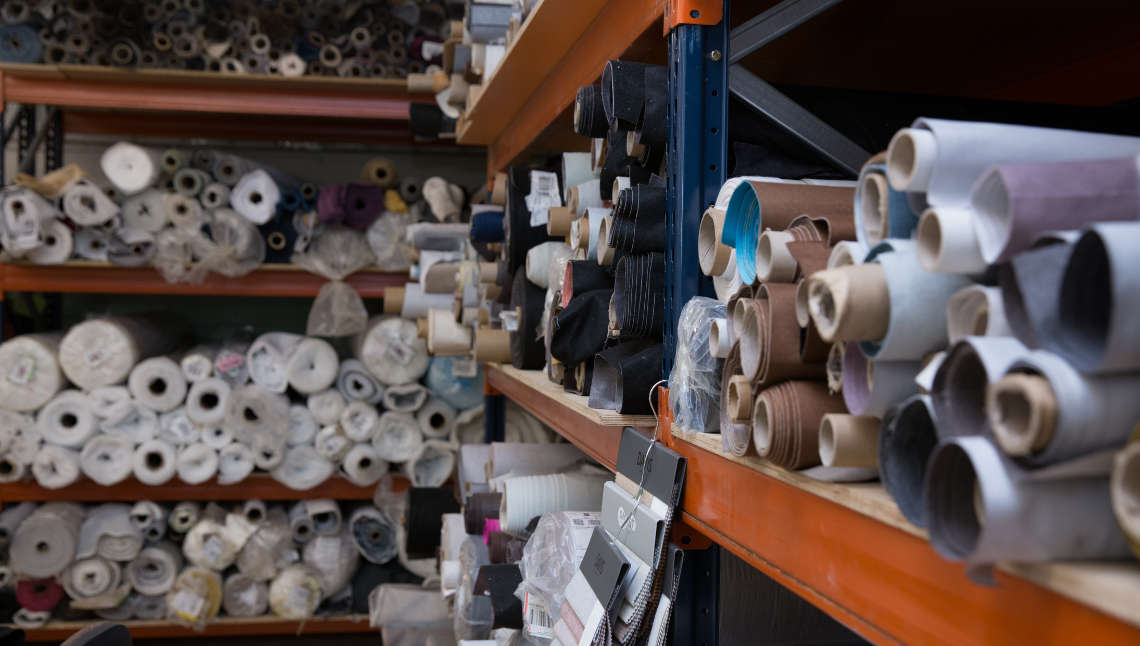
They were eager to apply a recycling model that not only made ecological sense but was also a profitable use of waste, rather than seeing it end up as landfill or burnt.
In the same way that people collect plastic bottles to sell for money, they saw industrial waste such as textiles, plastic, metals, wood and glass, as a raw material with downstream value. Having uncovered the term “circular economy”—a concept that was just beginning to take on global significance at the time—Moreloop became an online platform that connects buyers to the surplus textiles from factories. Its aim was to become a one-stop service solution dedicated to maximizing the value of surplus fabrics and minimizing waste in the fashion industry.
Moreloop has a two-pronged approach to its business in order to reduce the environmental impact from the textile and garment industry. First, it sells surplus fabrics that would otherwise become landfill. The Moreloop website now offers 107 pages of fabric choices from over 70 textile factories, ranging from four-way stretch microfibres and Calico to Woven Wax Coated and Yarn Dyed Bird Eyes Pique. Its customers include fashion designers who use the platform as a one-stop shop to source materials for their creations at a low price, thereby reducing the amount of textile waste generated in the industry. Secondly, Moreloop also emphasizes “upcycling”—taking surplus fabrics and transforming them into new and unique products and apparel according to customer orders, giving them a new lease on life and reducing environmental impact. In its first three years, Moreloop was able to upcycle more than 20 tonnes of surplus fabric and created over 100,000 utility items that have prevented over 225 tonnes of carbon from being released into the atmosphere. Relying only on surplus fabrics has its limitations when dealing with customers. For bulk orders, there is always a possibility that there is not enough surplus fabric in exactly the same colour and texture, so problem-solving and communication has always been part of the game.
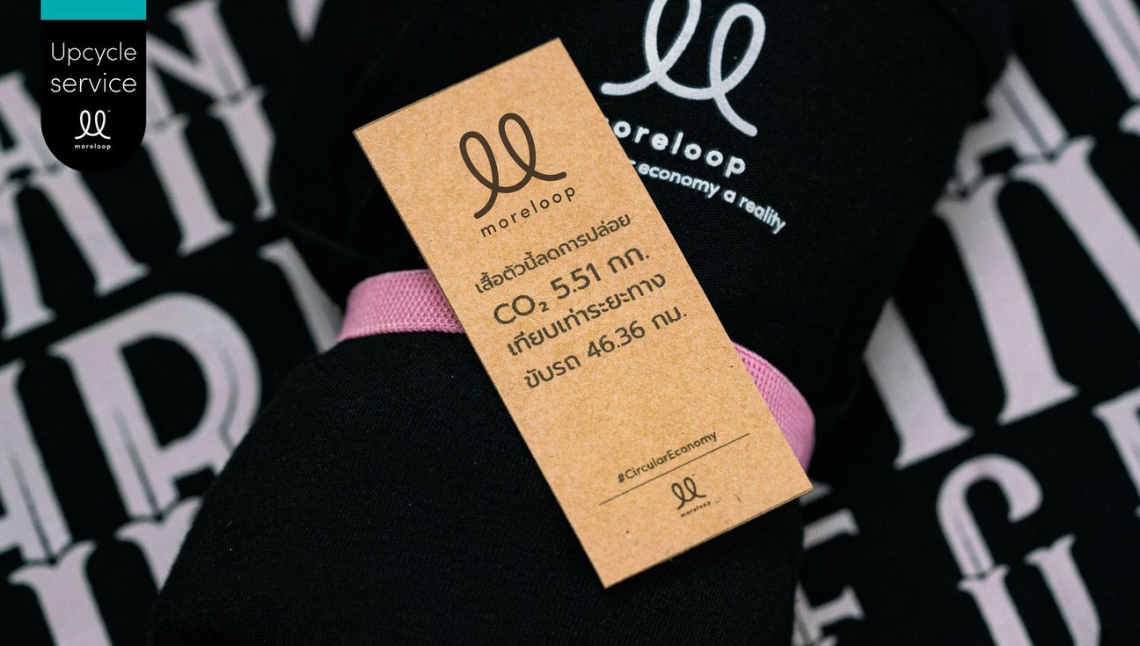
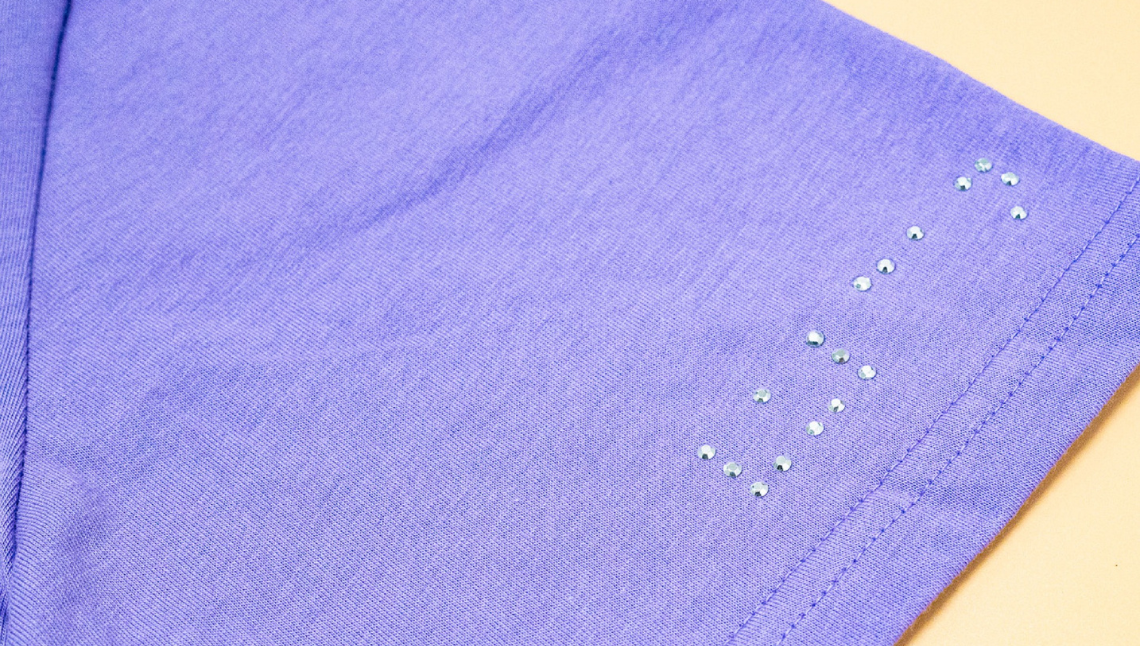
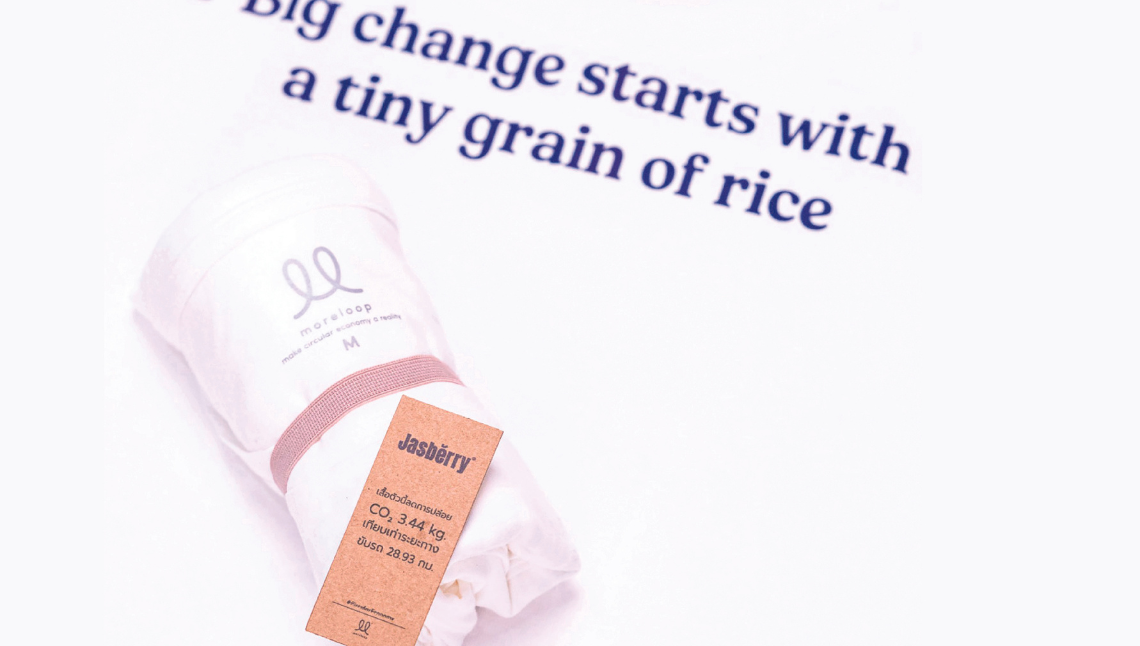
Amorpol and Thamonwan want their business model to be a success to prove to others that a circular economy is not beyond our reach, and if all adopted this principle, it would lead to a more sustainable use of resources and an economy where environmental impact is minimised, and ethical practices are the norm. Not only are they practising circular economy, they are also pitching their ideas at local and international level in places like Europe and Japan, where the concept of circular economy and sustainability are already well-ingrained. They are also creating awareness among the younger generation through workshops that focus on theories and strategies of circular economy. Looking ahead into the future, they aim that by the year 2026, they will have cut one million kilogrammes of carbon waste. They also believe that Thailand has great potential to become a model for circular economy—the BCG Economy Model that has now become a national policy. To the two co-founders, it’s a matter of changing your mindset towards the term “waste”, and seeing it for what it is—resource for further design, production and manufacturing.
In a cinematic landscape saturated with remakes, reboots and sequels, you might ...
Find out more about your celeb favourites and their most loved vacation ...
These top 5 barber shops in Bangkok are where gentlemen can elevate ...
While traditional TV shows are serving us endless boy-meets-girl tales. Thailand has ...
Sailorr and Molly Santana’s black grills fuse hip-hop swagger with homage to ...
Netflix Thailand has officially announced a new price for base subscriptions We’ve ...
Wee use cookies to deliver your best experience on our website. By using our website, you consent to our cookies in accordance with our cookies policy and privacy policy